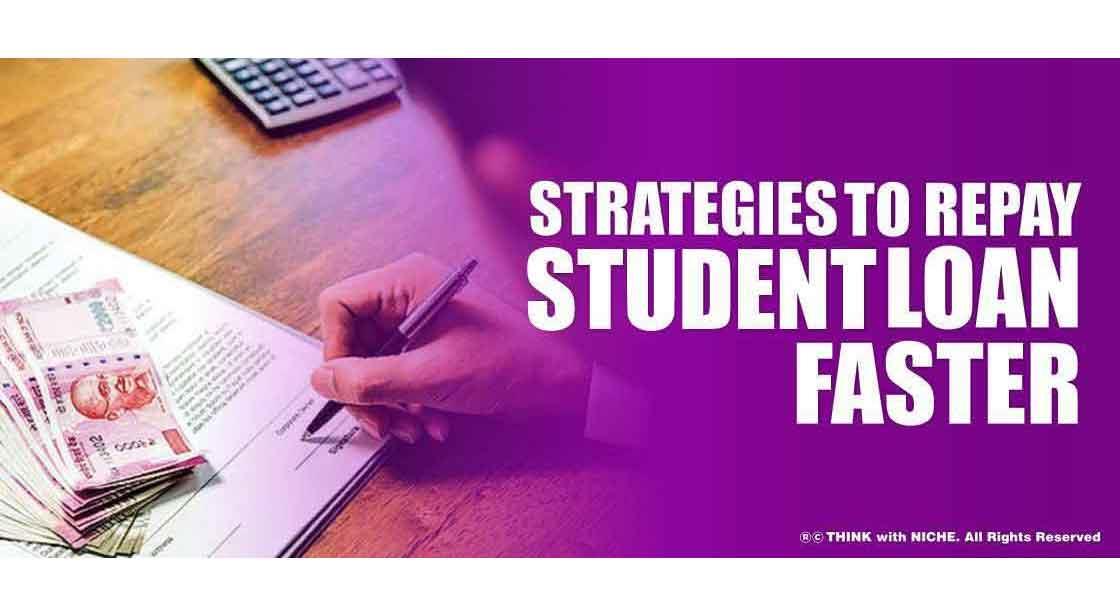Strategies to Repay Student Loan Faster

Blog Post
Paying down college loans is a difficult endeavor. Our first paycheck isn't usually sufficient to satisfy our financial obligations. Furthermore, setting boundaries and paying off debt is a difficult challenge for new professionals in a new city. Paying more than the monthly payment in whatever way you can is the most efficient approach to repay off student loans quickly. The more you reduce the main sum, the less interest you'll end up paying. #ThinkWithNiche
While some experts argue that you can't place a price on a decent education, many of today's grads are unable to save for a home, pay their bills, or start a family while paying off student debts. If you're having trouble paying off your student debts, consider these strategies.
Make a strategy
Know the actual amount of your loan payment, including the principal, interest, and tax savings. Before you make a repayment selection, be sure you understand the monetary advantage of each part. Make a schedule. Not too long, perhaps five years. Not so low that the goal becomes impossible and the strategy fails.
Increase your payments
Paying extra student loans is the easiest and most effective method to pay them off. However, it is sometimes easier said than done. You don't have to pay twice or triple. Perhaps you can manage to spend an extra $20 or $50 every month. If it's feasible, go for it! Any amount you can pay beyond the bare minimum will allow you to pay off your student loans faster. Typically, the excess amount will be applied to the next month's payment by the student loan servicers that collect your bill. Instruct your servicer to apply extra payments to your current amount and to keep next month's due date as scheduled.
If you have strong credit and stable employment, consider refinancing!
Refinancing student loans might help you pay off your debts quickly without having to make additional payments. Multiple student loans are replaced with a new private loan, usually at a cheaper interest rate, through refinancing. Pick a good new loan term that is less than the remaining time on your present debts to speed up payback. Choosing a shorter time frame may result in a higher monthly cost. However, it will assist you in repaying your debt faster and also escape interest. You'll lose access to government programs like income-driven repayment and student debt forgiveness if you refinance your loans.
Pay off interest
Interest will accumulate while you're in school, during your grace period, and during times of delay and forbearance unless your loans are supported by the federal government. When repayment begins, the interest capitalizes, causing your balance to grow and you to pay interest on a bigger amount. To prevent capitalization, try making monthly interest expenses while the interest is still collecting. Alternatively, before your grace period, make a lump-sum interest payment. It won't speed up the payback process right once, but it will result in a reduced sum to pay off.
Request assistance from your boss
To retain talent, companies are prepared to provide such advantages to their employees. So, ask your boss whether he or she can assist you in repaying your student debt. It's usually included in your pay package.
Conclusion
Be assertive. Make every effort to pay off your debt as quickly as possible. Besides saving money each month to pay off your student loan, attempt to save as much as you can and put the rest toward the debt.









